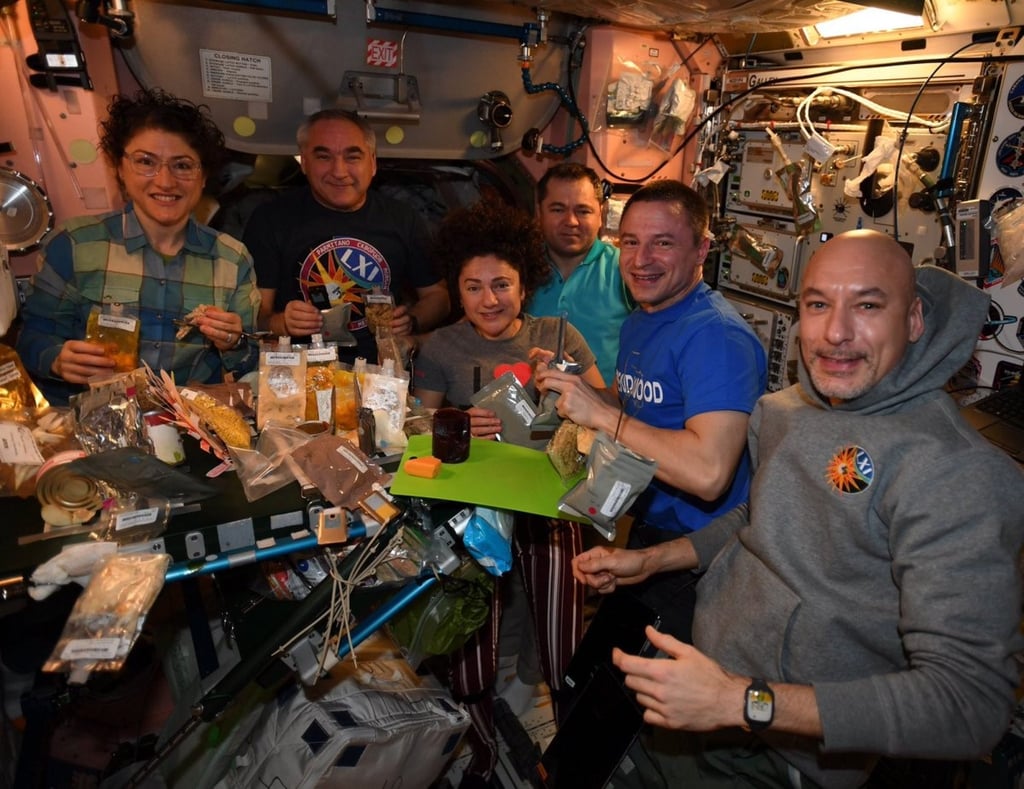Healthy space travel: ways to keep long-haul astronauts fit, fed and safe from radiation as they fly to Mars, and how patients on Earth might benefit
- The greatest health challenge for human space travel is to shield astronauts from cosmic radiation; high-energy particles damage cells and cause cancer
- Other priorities include developing ways to maintain food nutrients for up to five years, addressing mental and physical health, and keeping illness at bay

It’s difficult enough to keep up with the healthcare challenges we face on Planet Earth, let alone anticipate those that could arise in space. Yet that is the job of the Translational Research Institute for Space Health, a Nasa research organisation tasked with preparing humans to cope with the diseases and accidents they might encounter while travelling to the moon, Mars and beyond.
The United States’ return to manned space exploration, after years of sending out robotic devices, makes addressing such potential health issues a pressing concern.
Nasa intends to land humans back on the moon via the Artemis rocket programme this decade, and preparations are under way for a crewed trip to Mars in the 2030s.
The vast scale of the rocket engineering required tends to get all the publicity, but the health of the crew is, of course, of paramount importance, especially as little is known about the effects of space travel on the human body.

Three of those working with the institute – its director, Dorit Donoviel, astronaut Nicole Stott, and Professor Christopher Mason – spoke at a recent healthcare conference in Boston organised by media organisation Stat.
They described healthcare strategies to make space travel safe for humans, and how their discoveries were useful on Earth.